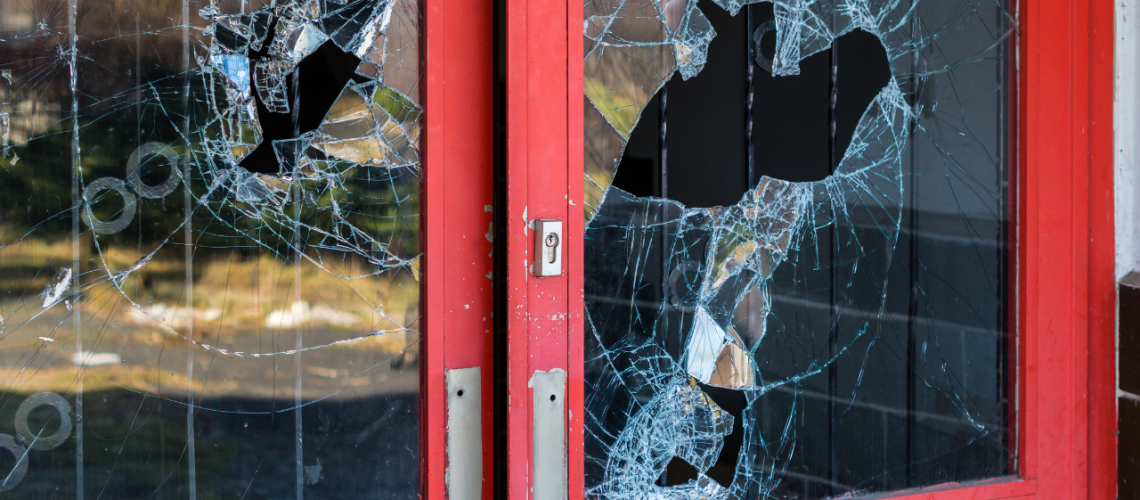In the state of Georgia, criminal property damage is regarded as a serious offense, encompassing a range of activities that result in the impairment or destruction of someone else’s property. This crime is not only about the physical damage inflicted but also concerns the manner in which it affects the victim, the community, and public resources. Understanding the nuances of these laws is crucial, as they carry significant legal implications.
Property Damage in the 1st Degree – Georgia
First-degree property damage, as outlined in Georgia Code § 16-7-22, is a charge typically levied in cases where the defendant is believed to have knowingly and without authorization interfered with property in a manner that endangers human life. This can include tampering with public utilities or communication systems through force or violence. The severity of this crime is reflected in its classification as a felony, carrying a sentence ranging from one to ten years in prison. For instance, in Robinson v. State, 288 Ga. App. 219 (2007), the defendant’s act of pouring gasoline in a restaurant, thereby endangering lives, led to a conviction under this statute. This statue carries up to 10 years in prison.
Property Damage in the 2nd Degree – Georgia
Second-degree property damage, is found in Georgia Code § 16-7-23, and is charged when a person intentionally damages property without consent, causing damage exceeding $500, or recklessly or intentionally damages property using fire or explosives. This degree also constitutes a felony, with penalties including one to five years in prison. The distinction between first and second-degree charges primarily lies in the extent of the damage and the means used to inflict it.
Potential Defenses to Property Damage
Defending against property damage charges in Georgia requires a strategic approach. Common defenses include:
- Lack of Intent: Arguing that the damage was accidental and not intentional.
- Consent: Demonstrating that the property owner had given permission for the actions that led to the damage.
- Mistaken Identity: Establishing that the accused individual was not responsible for the damage.
- Value Disputes: Contesting the claimed value of the damaged property, particularly relevant in second-degree charges where the value threshold is a critical factor.
Charges Related to Property Damage
Beyond the degrees of property damage, other related charges in Georgia include:
Smash and Grab Burglary:
Defined under Georgia Code § 16-7-2, this law targets individuals who break into retail spaces to steal merchandise. Penalties are severe, with up to 20 years of imprisonment and fines up to $100,000 for damages exceeding $500.
Interference with Government Property:
Defined under Georgia Code § 16-7-24. This includes actions like obstructing traffic or damaging government property. While a violation of this statute can be a misdemeanor, but if accused of destroying, damaging, or defacing property, it becomes a felony with one to five years of imprisonment.
What to do if charged with this crime:
Property damage laws in Georgia are designed to protect both private and public interests. However, if you’re charged with this offense, you have legal rights that you should exercise. An experienced attorney can guide you through the complexities of the legal system, ensuring that your rights are protected and providing the best possible defense based on the specifics of your case.










